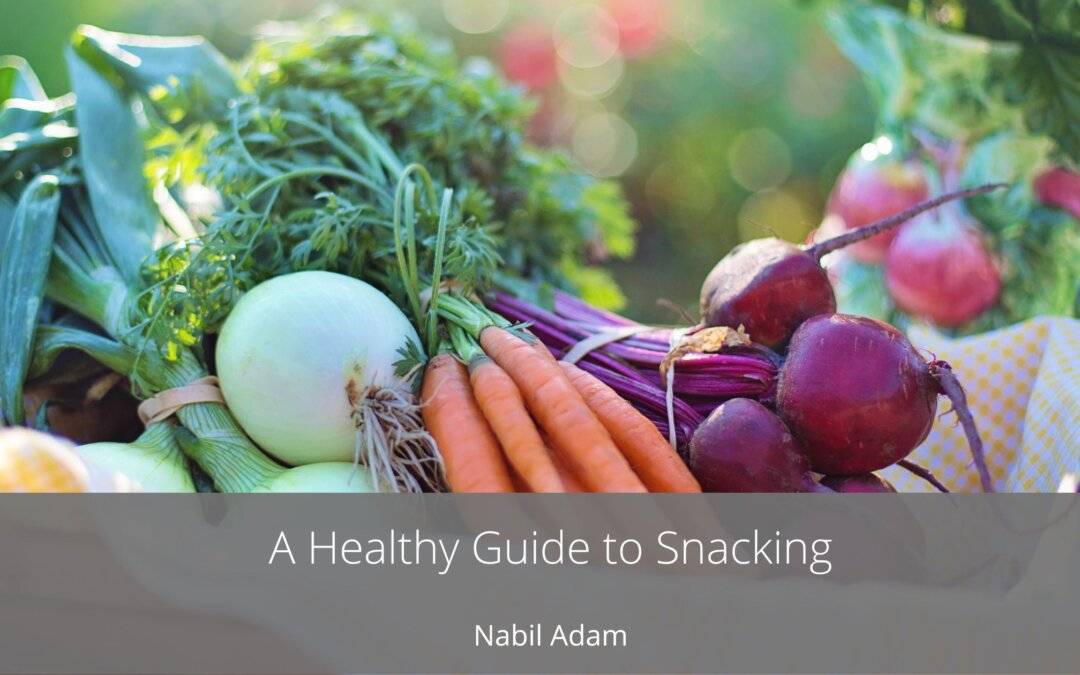Snacking is part of a healthy and balanced routine. It provides an opportunity to satisfy hunger between meals and helps maintain energy levels throughout the day. However, snacking can also be a source of excess calories and unhealthy ingredients if not done correctly.
Firstly, choosing healthy snacks that are nutrient-dense and low in calories is essential. Examples of healthy snacks include fresh fruit, raw vegetables, nuts, and low-fat dairy products. These snacks provide crucial vitamins and minerals and are low-calorie.
Another critical consideration when snacking is portion control. It can be easy to overindulge when snacking, leading to excess caloric intake. To avoid this, it is important to portion out snacks in advance and avoid eating straight from the package.
In addition to choosing healthy and portion-controlled snacks, pay attention to timing. Snacking too close to meals can interfere with your appetite and lead to overeating. To avoid this, space snacks at least two hours before or after meals.
Another healthy snacking tip is to incorporate protein and fiber into your snacks. Protein and fiber are vital nutrients that help you feel full and satisfied between meals. Some protein-rich snacks include Greek yogurt, hard-boiled eggs, and nuts. High-fiber snacks include fruits, vegetables, and whole-grain crackers.
When it comes to snacking, be mindful of the ingredients in your snacks. Many packaged snacks are high in salt, sugar, and unhealthy fats, contributing to weight gain, high blood pressure, and other health issues. When choosing packaged snacks, it is essential to read the labels and choose options low in sodium, sugar, and unhealthy fats.
Another healthy snacking tip is to prepare your snacks at home. This can help you control the ingredients and portion sizes of your snacks. Some easy and healthy snack ideas include homemade trail mix, sliced vegetables with hummus, or fruit and yogurt parfaits.
Lastly, making healthy snacking a part of your daily routine is vital. This means planning and having healthy snacks on hand when hunger strikes. You can pack snacks in advance and bring them to work or school.
Snacking can be a healthy and satisfying part of a balanced diet. You can maintain energy levels and avoid overeating by choosing nutrient-dense snacks, practicing portion control, and incorporating protein and fiber into your snacks. Additionally, being mindful of the ingredients in your snacks and preparing your snacks at home can help you maintain a healthy diet. Making healthy snacking a part of your daily routine can support your overall health and well-being.
Snacking should not be seen as a meal replacement but as a dietary supplement. Maintaining a balanced that includes all food groups is vital.
By following these healthy snacking tips, you can enjoy the benefits of snacking without compromising your health and wellness goals. So go ahead and snack away, mindfully and with healthy options!

